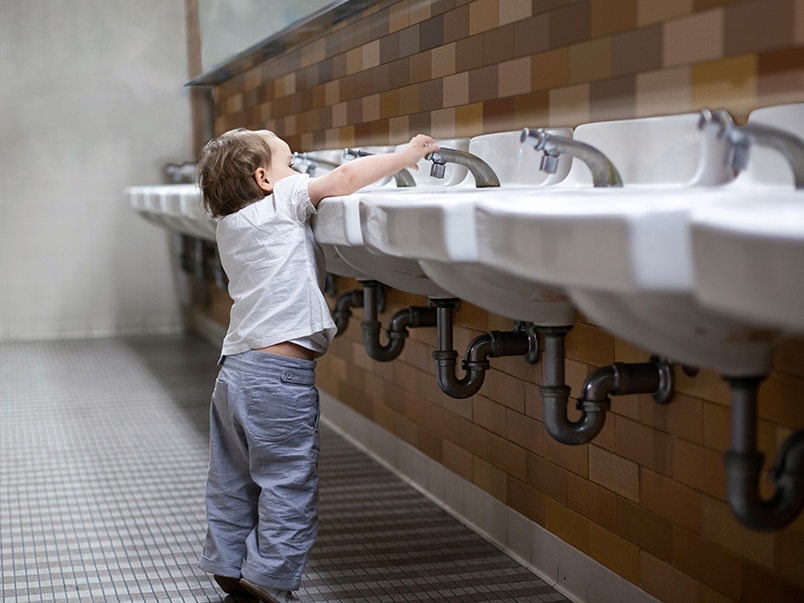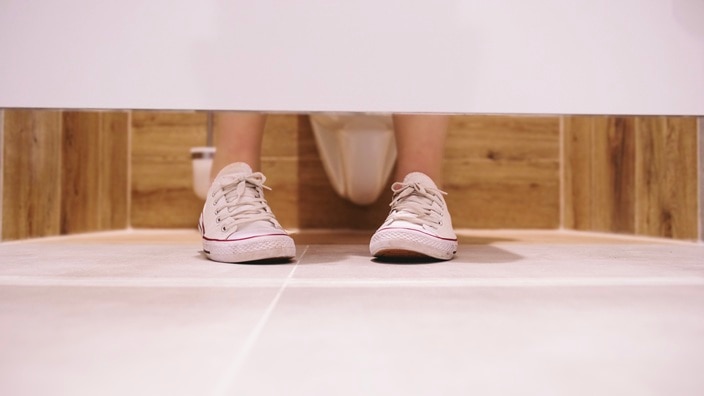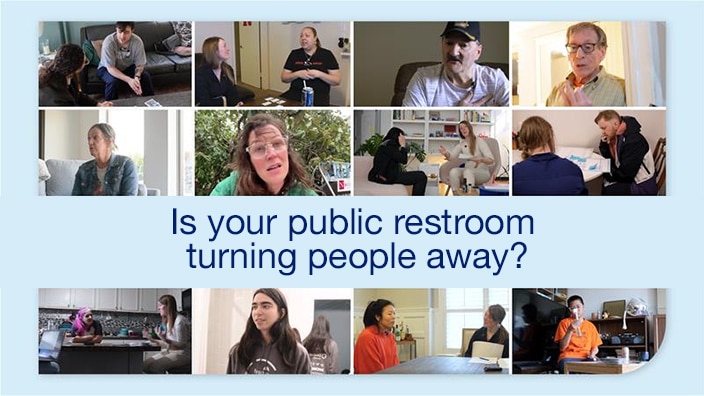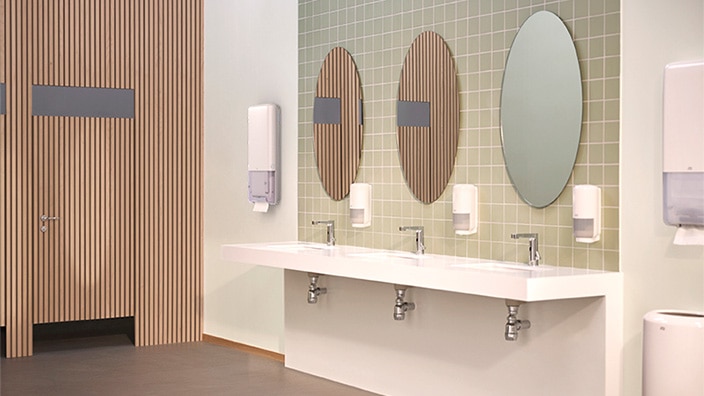Eliminating barriers to hygiene in public restrooms
Every day, people around the world face visible and invisible barriers to restroom hygiene – due to a range of individual abilities, needs and circumstances.

Inclusive hygiene in public restrooms
Inclusive hygiene in public restrooms means creating environments that consider these diverse needs, making hygiene accessible to all. Tork aims to advance hygiene for as many people as possible by identifying and addressing barriers in the restroom environment.

Individual abilities, needs or circumstances
Throughout our lives, many of us at some point face barriers to hygiene when visiting public restrooms. Nearly 1 in 2 people are likely to face barriers in the public restroom.¹ The problem is, it’s only the people who face the barriers that are aware of them.
The Inclusive Hygiene Playbook: A Better Restroom for All
When restrooms fall short, people notice, and facilities pay the price –our playbook offers research-backed insights and tips to empower teams to improve hygiene for a larger group of individuals.

Tork Coalition for Inclusive Hygiene
The coalition is comprised of a group of experts and advocates who are passionate about finding solutions to the hygiene barriers that people face in public restrooms. Meet our expert:

Restroom guide
Reimagining your public restrooms - a practical guide
Discover how to create an improved public restroom experience with our practical guide focused on people, planet and efficiency.
Tork makes hygiene easy for everyone
Tork has a long history in designing for all. In 2010, Tork received the first Easy to use certification, followed by Tork Easy Handling® for its packaging design. In late 2024, Tork received the world’s first certification for meeting Design for All standard EN17161.2
References
- Tork Insight Survey 2025, conducted in US, UK, Germany, France, Mexico, Canada, Australia, Spain, Sweden, Netherlands and Poland among 11,500 from the general public and 1,000 cleaning staff. 54% of respondents reported experiencing, without limitation, physical conditions or self-diagnosed conditions, e.g. eczema, chronic pain, general anxiety, claustrophobia.
- Design for All is a development process that considers diverse user needs to encourage and promote accessibility of products and services by as many people as possible.
- According to ISO 16128, including water.